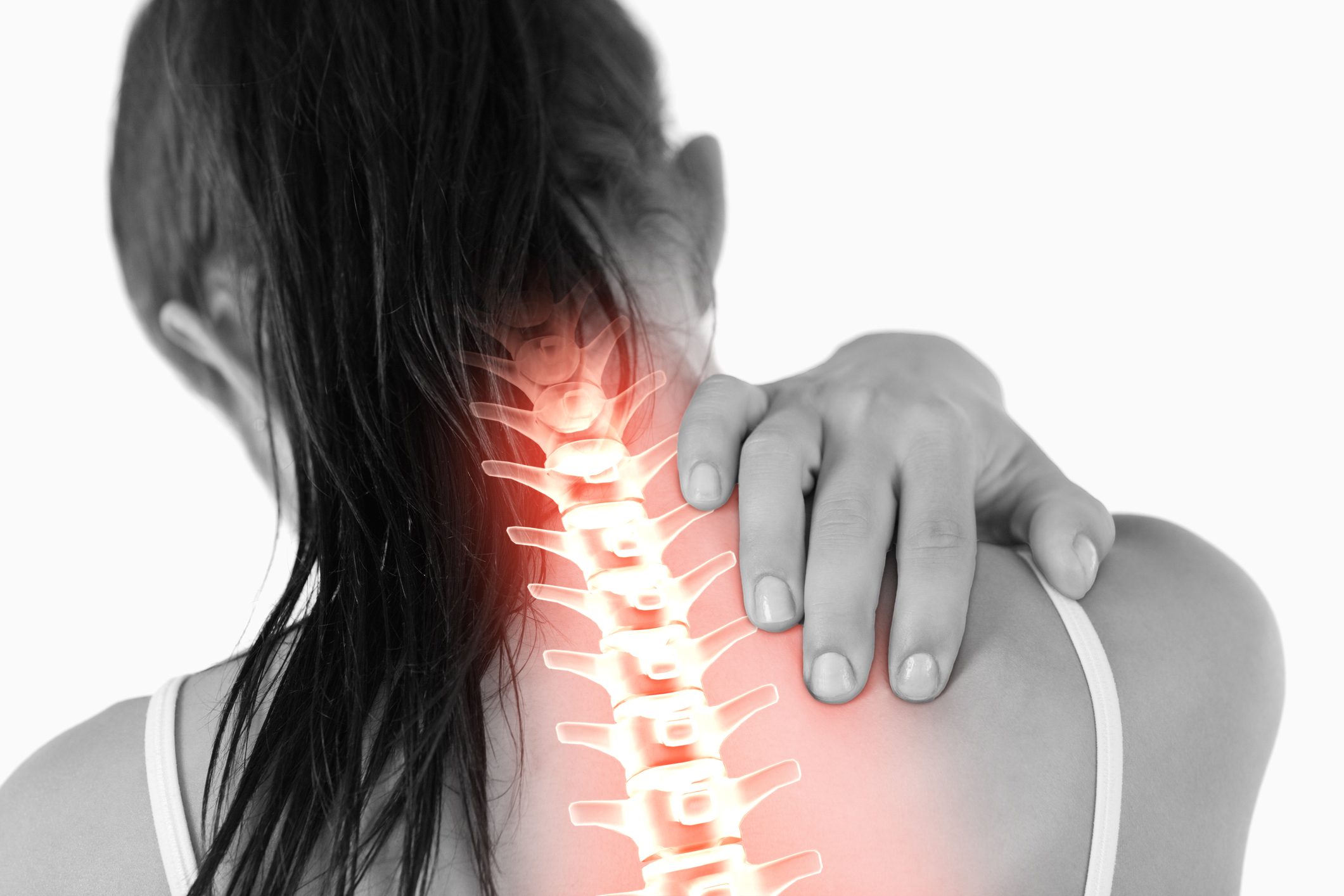Pain in the neck is a common problem. It can be acute (of sudden onset and painful) or can gradually come on through poor posture and other factors. Neck pain has many possible causes, including, among others: arthritis; neck stiffness, which can occur by itself or with neck pain; muscle strains such as those occurring during whiplash or from lifting heavy objects; a pinched/trapped nerve in the neck, which may occur after sleeping in the wrong position or with overuse or misuse of the neck muscles; referred pain, which is pain that comes from another part of the body; infections in the neck; and psychological causes, such as anxiety and depression.
Neck problems, either caused by trauma to the neck or postural problems, can also lead to tension headaches. Abnormal shoulder blade control and poor sitting posture are also associated with neck pain and cervicogenic headaches (headaches coming from the cervical spine). Alterations in shoulder blade (scapula) movement or resting position places increased strain on those scapula muscles that attach to the head and neck, often directly pulling the head/neck into adverse postures. This is especially common in those with poor workstation/desk ergonomics.
Effective treatment of neck problems involves identifying and managing the underlying causes present. Physiotherapy treatment includes mobilisation and/or manipulation techniques, stretching and strengthening of the neck musculature, soft tissue therapy such as massage and trigger pointing, heat therapy, cryotherapy, postural correction, acupuncture, ultrasound and Pilates.
Manual therapy techniques are used to loosen joint and soft tissue restrictions, while posture correction and specific exercises help to improve muscular control of the head/neck and shoulder blades decreasing stress to the region. Our physiotherapists will carefully assess your neck problem and implement a treatment plan that is suitable for you, also giving you advice and education on how to best self-manage your condition and how to prevent recurrences.
The majority of neck pain sufferers tend to work at desks; therefore, optimising this environment through ergonomic assessment is often the key to successful management of this problem.

